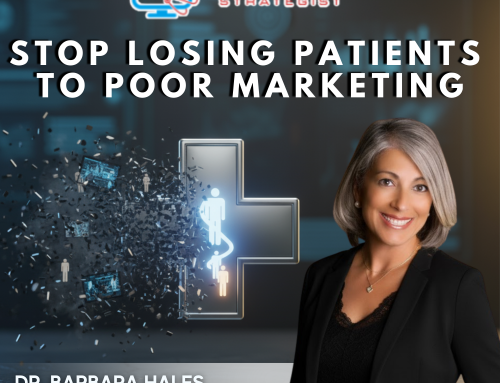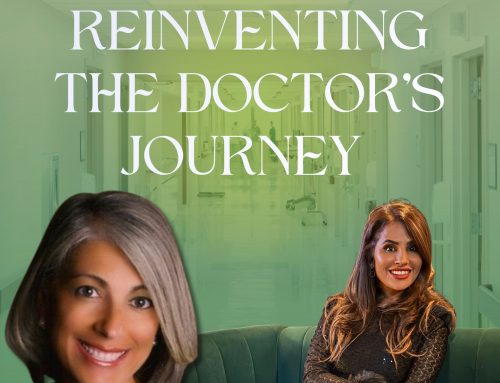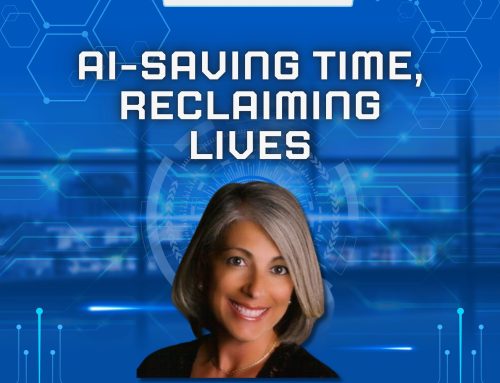Many of us have had a compelling desire to be physicians since we learned how to talk. Remember feeling that way? We played doctor, dreamt of being a doctor and with the grace of the almighty, after working hard through nights and days, we succeeded in becoming doctors.

For those of us who were fortunate to have been in practice many years (before EHR, governmental restrictions, respect and third party reimbursement declines), we lived our dream every day. We worked hard but we were proud and got immense satisfaction from healing others.
When the time comes to hang up the stethoscope and consider other careers (and most of us do recognize when it is time), the question is….what’s next? For those now who do not get satisfaction out of clinical work, the same question has been asked many times of late.
Baird Brightman published an article on this very issue on Kevinmd.com 12/15/19.
A roadmap for physician career transition planning
Whatever the motivation for their job transition, most doctors appreciate a rational, structured process that enables then to get from where they are to where they want to be. Fortunately, there are some easily accessible resources that can add value to your work/career decision-making process.
Career assessment for the physician-in-transition
John Holland developed the most validated and widely used system for matching people with jobs that fit their interests, abilities, values, and personal style. Holland’s “RIASEC” model describes six different work styles:
- Realistic (“Doers”). People who have athletic or mechanical ability, prefer to work with objects, machines, tools, plants or animals or to be outdoors.
- Investigative (“Problem-solvers”). People who like to observe, learn, investigate, analyze, evaluate, or solve problems.
- Artistic (“Creators”). People who have artistic, innovating, or intuitional abilities and like to work in unstructured situations using their imagination and creativity.
- Social (“Helpers”). People who like to work with people to enlighten, inform, help, train, or cure them or are skilled with words.
- Enterprising (“Persuaders”). People who like to work with people, influencing, persuading, performing, leading, or managing for organizational goals or economic gain.
- Conventional (“Organizers”). People who like to work with data, have clerical or numerical ability, carry out tasks in detail or follow through on others’ instructions.
By determining which of these six work styles are most similar to you, you can generate a range of good-fit jobs for further exploration.
The “investigative” physician
Preferred work environment: laboratories, libraries, universities, research facilities; work best alone or in a team with clear separate duties; like achievement-oriented, intelligent and logical co-workers
Health care-related jobs: pure and applied medical research, biotechnology, health technology R&D
Non-medical jobs: biologist, chemist, computer programmer, geographer, geologist, mathematician, physicist, science teacher, systems analyst
Organizations: American Physician Scientists Association, Biotechnology Industry Organization
The “social” physician
Health care-related jobs: medical/health education, public health professional, health care advocate
Non-medical jobs: consumer advocate, human resource professional, legal aid attorney, minister, psychotherapist, teacher, training/development specialist
Organizations: American Public Health Association; American Association for Health Education, Medical Advocacy Project
The “enterprising” physician
Preferred work environment: prefer a hard-driving, well-organized, results-oriented milieu focused on achieving bottom-line results; prefer a leadership position from which to organize others and receive high compensation
Health care-related jobs: physician executive, health-related sales, health care entrepreneur
Non-medical jobs: business executive, entrepreneur, sales/marketing professional, public official, realtor

Organizations: American College of Physician Executives
The “realistic” physician
Preferred work environment: outdoors, labs, factories, shops where one can work with their hands, wear casual clothes and be with familiar people; like to work alone or in teams to produce things using structured procedures; like to work with people who “do it right the first time”
Health care-related jobs: bioengineering, medical device design/fabrication
Non-medical jobs: engineer, skilled trades, farmer, athlete/trainer, forester, physical education, security professional
Organizations: American Institute for Medical and Biological Engineering, Association for the Advancement of Medical Instrumentation, Medical Device Manufacturers Association
The “conventional” physician
Preferred work environment: structured, stable, orderly office environment with clear rules and policies; work well alone or on a team with clearly defined duties
Health care-related jobs: health care process/quality improvement, electronic medical records/informatics consultant, medical billing specialist, health care database manager
Non-medical jobs: accountant, financial planner, computer programmer, banker
Organizations: Institute for Healthcare Improvement, American Medical Informatics Association
The “artistic” physician
Preferred work environment: unstructured places with wide latitude for self-expression; work best unsupervised where product quality is valued over quantity of output
Health care-related jobs: medical illustrator, technical writer, medical journalist
Non-medical jobs: actor, advertising, architect, author, chef, artist, film director, interior designer, journalist, musician, photographer, playwright, sculptor
Organizations: American Medical Writers Association, Association of Medical Illustrators
Conclusion
Physicians who are contemplating leaving clinical work will benefit from engaging in a structured process that involves clarifying their dominant work styles and then exploring a range of high-fit jobs/careers both within and outside of health care. This process will enable them to build a work/career transition map that can provide the confidence and focus needed for the successful pursuit of their next professional endeavor.
Baird Brighman can be reached at his self-titled site, Baird Brightman PhD.
At some point, it would be a good idea to have an overlap of careers so that the transition is easier. Have you thought of transitioning into something else? Share that with us in the comment box below.



